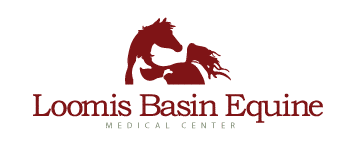
by LBEMC Admin
Share:
ARTICLE: Guidelines for Preventative Care in Goats and Sheep
Through simple preventative measures and due diligence by both owners and veterinarians, we can help prevent many diseases common in our small ruminants. Through these easy to follow preventative medicine techniques we can help promote a healthy long life for our goats and sheep as both pets or production animals.
NEW BORN KIDS
Disbudding ideally should occur in the first 2-3 weeks of life.
-
Vaccination: Tetanus anti-toxin
-
Deworming: Deworm with an injectable ivermectin at 2 months
KIDS 4-6 MONTHS OF AGE
Physical exam and wellness check
Vaccination
-
Covexin 8: a sequence of 2 vaccinations spaced 6-8 weeks apart starting at 4 months of age
-
Rabies: One time vacccination at 6 months of age
Castration
-
Castration should be performed in pet goats at 6 months of age to help prevent urolithiasis complications as adults.
Deworming
-
Deworm with an injectable ivermectin or oral fenbendazole product product at 4 months of age and then every two months thereafter for the first year of life.
ADULTS
Annual Physical exam and wellness check
Vaccination
-
Covexin 8: Booster on an annual basis as adults
-
Rabies: Booster on an annual basis as adults
Deworming
-
Deworm with ivermectin or oral fenbendazole once a year. Submit fresh feces for a fecal test 6 weeks after deworming to test for effectiveness of deworming protocol.
Wethers
-
Avoid grazing on soils with high amounts of silicates, avoid diets high in concentrates (grains) and avoid feeding alfalfa, castrate males at 6 months of age, always provide a source of clean fresh water.

